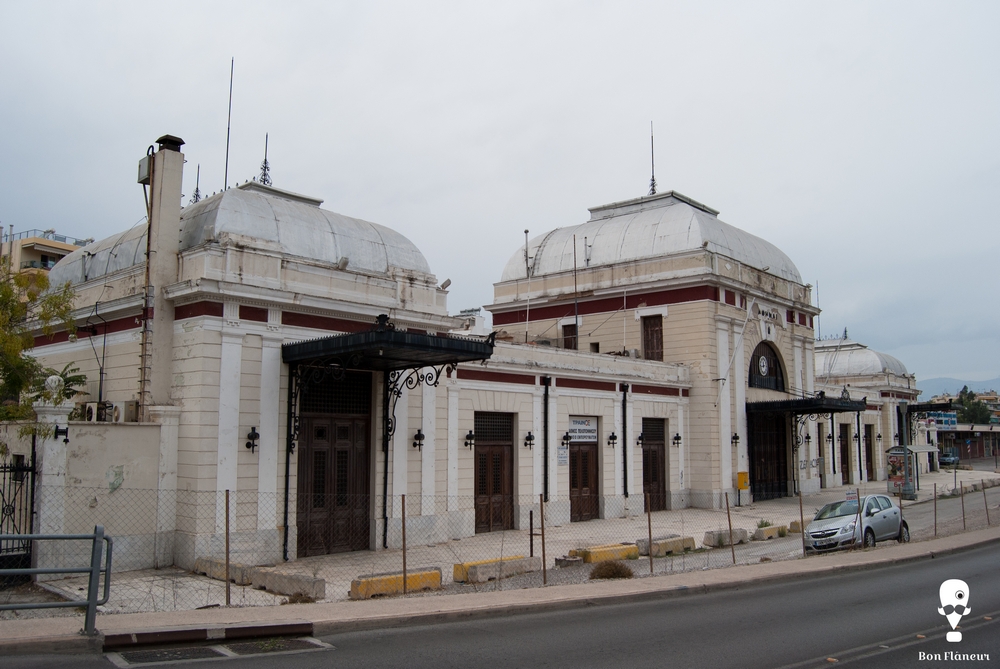Peloponnisou Railway Station
Peloponnisou Railway Station has the style of other similar stations of the time, like in Moscow and Istanbul.
Location
Timeline
Modern and Contemporary era (1821 - )
1884 Beginning of construction. Probably designed by Ernest Ziller, although another part of bibliography refers French engineers.
1889 Completed
1913 Took its latest shape and form.
2005 Its operation stopped.





Share